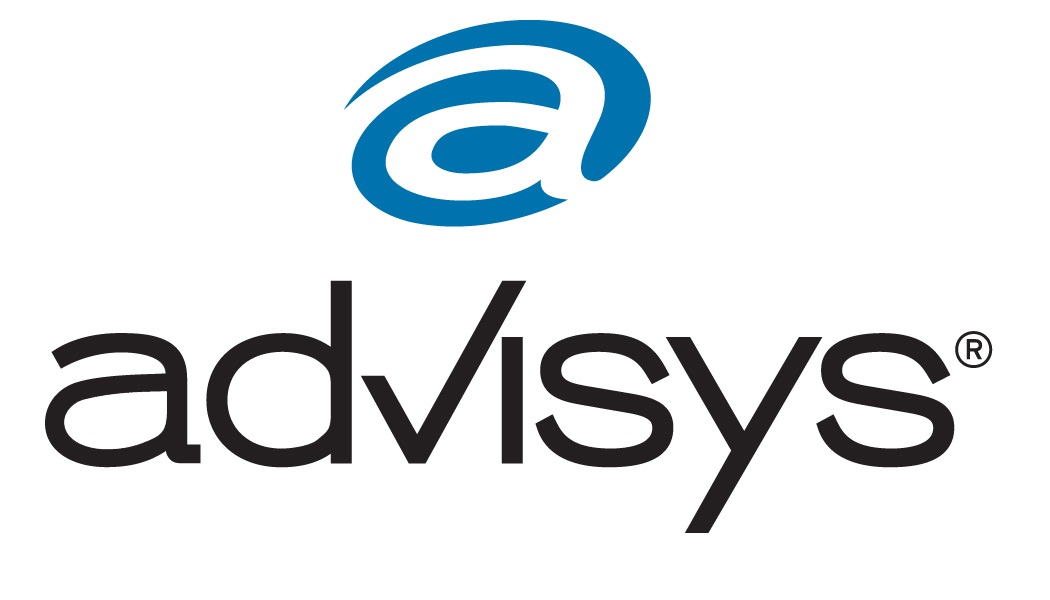What is a will and why do you need one?
A will is a legal document that establishes who will receive your assets from your estate and can appoint guardianship of minors.
Having a will provides you the peace of mind that your wishes will be followed. This could mean providing for your loved ones or possibly the charities of your choice. Having a will may make the settlement of your estate easier and faster than if you didn't have one.
Avoids distribution under the law of intestacy
If a person dies without a will, he or she is said to have died "intestate." States have laws to deal with this situation. These state "intestacy" laws will typically pass property to certain relatives of the decedent. These laws have been drafted to be fair in the average situation, but most persons would like to choose who will receive their estate when they die.
Permits the nomination of a guardian for minor children
Without a nomination in a will, the court will appoint a guardian of the person for minor children. Relatives are not always the best choice for a guardian and consideration must be given to the financial situation of the potential guardian, as well as his or her health, age, willingness and ability to care for your children.
Waiver of the probate bond
In the absence of a will, the court will require a fiduciary bond to be posted by the administrator (executor) of the estate to guarantee the replacement of any funds embezzled or diverted by him. Since this additional cost must be borne by the estate, the estate owner may want to waive the bond requirement in the will. Great care should be used in selecting an executor.
Choosing the executor
The duties of the executor of an estate can be very time consuming and frustrating, especially to a spouse who has just lost his or her loved one. In the will, a qualified individual and/or a corporate trust company can be chosen to handle these responsibilities.
Making specific bequests to individuals
An individual may bequeath specific items of jewelry, heirlooms and furniture, or make cash bequests, and be certain that they will pass to the proper persons. Without a will, written or oral instructions may not be followed.
Sale of assets during the administration of probate
Additional expense to the estate can generally be avoided by permitting the sale of assets without the executor having to publish a notice of sale in the newspaper. A sale of assets may be necessary in order to pay death taxes and expenses of probate.
Authorizing the continuation of a business
Unless the will authorizes the continuation of a business, the executor must operate it at his or her own risk. Many executors may elect not to administer the estate unless this risk is borne by the estate.
Deferring distributions to minors
When parents die leaving minor children, each child's share of the estate must be held in a guardianship account until he or she attains the age of 18 (or 21), at which time the entire remaining share is distributed outright. Trust provisions can be placed in the will to defer these distributions until a more mature age.
Peace of mind
Although this advantage cannot be measured in dollars and cents, when the estate is in order an emotional load is lifted from the person who is concerned for his or her family's well being.





